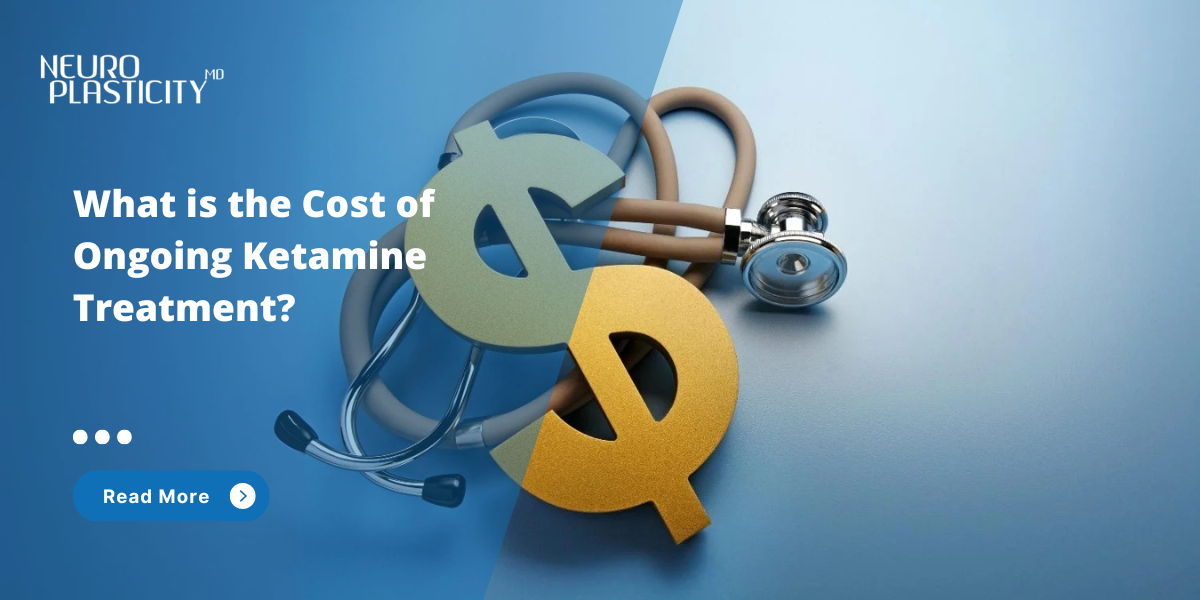Ketamine Integration: A Practical Guide to Transformation Ketamine-assisted therapy can...
Continue Reading
“Trauma Comes Back As A Reaction, Not A Memory.” – Bessel Van Der Kolk
Ketamine, once primarily known as a safe anesthetic for emergency rooms and battlefields, is now revolutionizing mental health care. For decades, its unique properties—such as its ability to maintain stable heart and respiratory functions—made it a vital tool in medical procedures. Today, new scientific evidence highlights ketamine’s remarkable potential to treat mental health conditions and chronic pain disorders.
Unlike traditional antidepressants, ketamine provides rapid relief, often within hours, offering hope to those battling severe depression, anxiety, PTSD, or chronic pain. It works differently than most medications by addressing the root causes of mental distress on a neurological level, helping patients experience a profound shift in their well-being.
Ketamine’s Role in Transformative Mental Health Care
In recent years, ketamine has transitioned from an anaesthetic to a life-changing treatment for mental health challenges. This evolution is backed by cutting-edge research demonstrating its ability to repair and reshape damaged neural pathways in the brain. For individuals who have struggled with traditional medications that can take weeks or even months to work, ketamine offers a rapid solution.
The transformative effects of ketamine treatment cost NJ go beyond providing temporary relief, as it fosters long-term resilience and enhances brain function. Many patients report significant symptom relief after just a few sessions, often experiencing a renewed sense of hope and optimism.
How Ketamine Therapy Works
Ketamine operates on a neurological level, targeting and resetting the brain’s chemistry. It enhances neural plasticity, which is the brain’s ability to form new connections and repair damaged pathways. This process is crucial for overcoming depressive and anxious states, as it helps patients move past entrenched negative thought patterns and emotional triggers.
The treatment is typically administered in low doses tailored for mood and pain disorders, making it minimally sedating. During therapy, many patients describe a lifting of mental “fog,” reduced physical pain, and an overall sense of well-being that enhances their quality of life.
Factors Influencing the Cost of Ketamine Treatment
While ketamine therapy offers life-changing results, understanding the costs is crucial for planning long-term care. Several factors affect the overall expense, including:
Average Cost of Ketamine Treatment
The cost of ketamine therapy varies depending on the method of administration and the facility. Here’s a breakdown:
While these costs may seem significant, many patients find that the immediate and lasting benefits of ketamine therapy justify the investment.
What to Expect During Treatment
A typical ketamine infusion protocol consists of six 40-minute sessions over a three-week period. Many patients report noticeable improvements after the first or second session, with significant relief often occurring by the third. The sessions are designed to be comfortable and minimally invasive, with patients experiencing a sense of calm and optimism during and after treatment.
After the initial protocol, patients may require maintenance treatments every few months to sustain their progress. These follow-ups help to ensure long-term brain resilience and continued emotional well-being.
Ketamine Therapy: A Complementary Approach
While ketamine offers profound neurological benefits, it works best when integrated with other therapies. Combining ketamine with talk therapy, spiritual counselling, or cognitive-behavioural therapy allows patients to address underlying traumas and gain a deeper understanding of their emotional triggers. Together, these therapies create a comprehensive healing process, enhancing the overall effectiveness of treatment.
Insurance Coverage for Ketamine Treatment
Currently, insurance coverage for ketamine therapy remains limited. Here’s what you need to know:
Patients are encouraged to consult their insurance provider to explore available options. Some states also offer specialized Medicare or Medicaid programs that may provide partial coverage.
Managing the Costs of Ketamine Therapy
To make ketamine therapy more accessible, many clinics offer flexible payment options, including:
Alternatives to Ketamine Therapy
For those unable to pursue ketamine treatment, traditional options like antidepressants, cognitive behavioural therapy, or other non-invasive therapies remain viable alternatives. While these treatments may not offer the rapid results of ketamine, they can still provide meaningful relief for many patients.
Final Thoughts
Ketamine therapy stands as a groundbreaking option for those seeking effective PTSD treatment and relief from conditions such as depression, anxiety, and chronic pain. By delivering rapid and profound improvements, it offers hope to individuals facing these challenges. While the cost of treatment may be a factor to consider, its life-changing benefits often make it a valuable investment in long-term mental health and well-being.
Before beginning ketamine therapy, take the time to research clinics, consult qualified professionals, and explore available support options. By combining ketamine with complementary therapies, you can maximize its benefits and embark on a transformative journey toward healing and recovery.
Ketamine Integration: A Practical Guide to Transformation Ketamine-assisted therapy can...
Continue ReadingWhat is the Cost of Ongoing Ketamine Treatment? Help Is...
Continue ReadingTop 10 Best Ketamine Treatment Centres in New Jersey Ketamine...
Continue ReadingDisclaimer: The medical information on this site is provided as an information resource only, and is not to be used or relied on for any diagnostic or treatment purposes. This information is not intended to be patient education, does not create any patient-physician relationship, and should not be used as a substitute for professional diagnosis and treatment. Always consult your healthcare provider before making any healthcare decisions or for guidance about a specific medical condition.